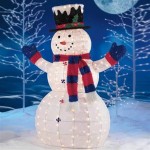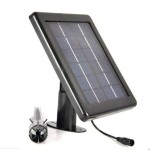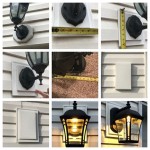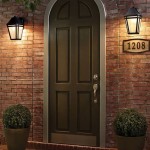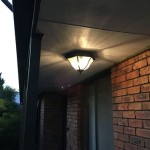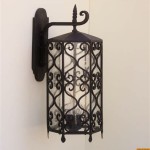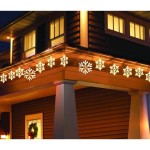Essential Aspects of LED Bulbs for Outdoor Lights
LED bulbs have revolutionized outdoor lighting, offering a myriad of benefits over traditional incandescent and fluorescent bulbs. Understanding the essential aspects of LED bulbs for outdoor lights is crucial to selecting the right bulbs for your specific needs, ensuring optimal performance, and maximizing their lifespan. This article explores the key aspects you should consider when choosing LED bulbs for outdoor lighting.
Brightness and Lumens
Brightness is a crucial factor for outdoor lighting. LED bulbs measure brightness in lumens, which indicates the amount of light emitted. Higher lumen output results in brighter light. For outdoor areas requiring ample illumination, choose bulbs with higher lumen outputs. Consider the size of the area, height of the fixtures, and desired ambiance when determining the appropriate lumen output.
Wattage and Energy Efficiency
Wattage refers to the power consumption of the bulb. LED bulbs consume significantly less wattage than traditional bulbs while producing the same or even higher brightness. This energy efficiency translates into lower energy bills and a reduced carbon footprint. When selecting LED bulbs, look for bulbs with lower wattage and higher lumen output, indicating greater energy efficiency.
Color Temperature and CRI
Color temperature measures the warmth or coolness of the light emitted. It is expressed in Kelvins (K). Warm white (2700-3000K) creates a cozy ambiance, while cool white (4000-5000K) provides a more invigorating atmosphere. Color Rendering Index (CRI) measures how accurately colors are rendered under the light. Higher CRI values indicate more vivid and natural colors.
Durability and Lifespan
Outdoor lights are exposed to harsh elements like rain, snow, and extreme temperatures. LED bulbs are renowned for their durability and long lifespan. They are typically rated for tens of thousands of hours, significantly outlasting traditional bulbs. By choosing durable and long-lasting LED bulbs, you can minimize maintenance and replacement costs.
Beam Angle and Distribution
Beam angle refers to the angle at which light is emitted from the bulb. Narrow beam angles provide focused illumination, while wide beam angles offer a more dispersed light distribution. Consider the intended purpose of the outdoor light when selecting the beam angle. For path lighting or accent lighting, narrow beam angles are suitable. For general area lighting, wide beam angles provide more even illumination.
Motion Detection and Smart Features
Motion detection and smart features add functionality and convenience to outdoor lighting. Motion-activated LED bulbs automatically turn on when motion is detected, providing security and energy savings. Smart LED bulbs can be controlled remotely via smartphones or voice assistants, offering customization options and enhanced convenience.
By considering these essential aspects when choosing LED bulbs for outdoor lights, you can ensure you select the most suitable bulbs for your specific needs, optimizing lighting performance, energy efficiency, and durability while enhancing the ambiance and security of your outdoor spaces.

Best Outdoor Lighting Bulbs Of 2024

How To Choose The Best Outdoor String Lights

Indoor And Outdoor Light Bulbs Pacific Lamp Supply Company

Feit Electric 90 Watt Equivalent Par38 Dimmable Cec Title 20 Outdoor E26 Medium Flood Led Light Bulb Bright White 3000k 2 Pack Par38dm 930ca The Home Depot

Outdoor Light Bulbs Yard Envy

Led Replacement Mr16 Gu5 3 Light Bulb For Our Outdoor Landscape Low Voltage Lights

Dusk To Dawn Light Bulb 2 Pack A19 Led Sensor Bulbs Ul Listed Automatic On Off 800 Lumen 10w 60 Watt Equivalent E26 Base 3000k Warm White Indoor Outdoor Lighting Com

Patio String Lights Yard Envy

Landscape Lighting Installation Companies Types Of Light Bulbs For Outdoor Orlando Florida Palmer Electric Company

Mainstays 30 Count Led Edison Bulb Outdoor String Lights With White Wire Com
